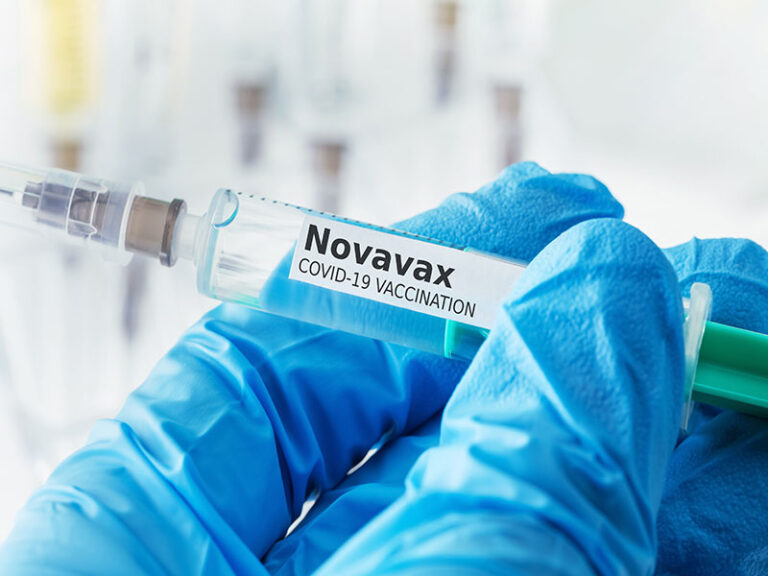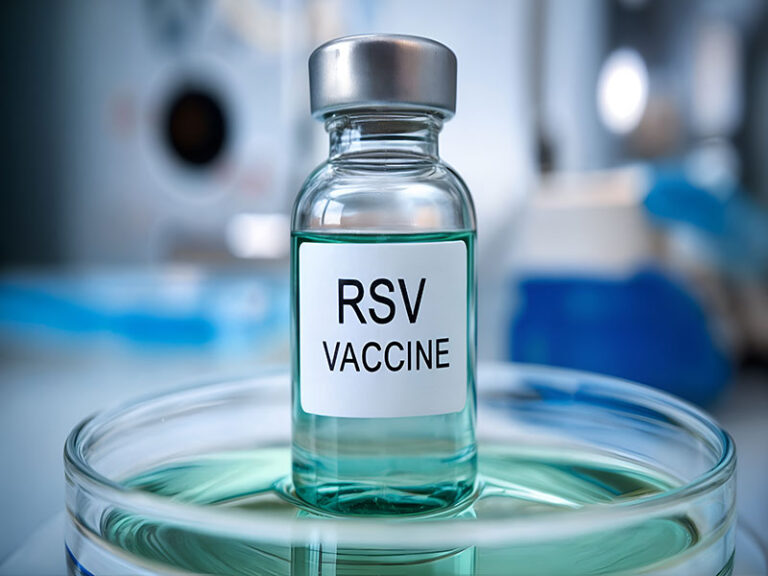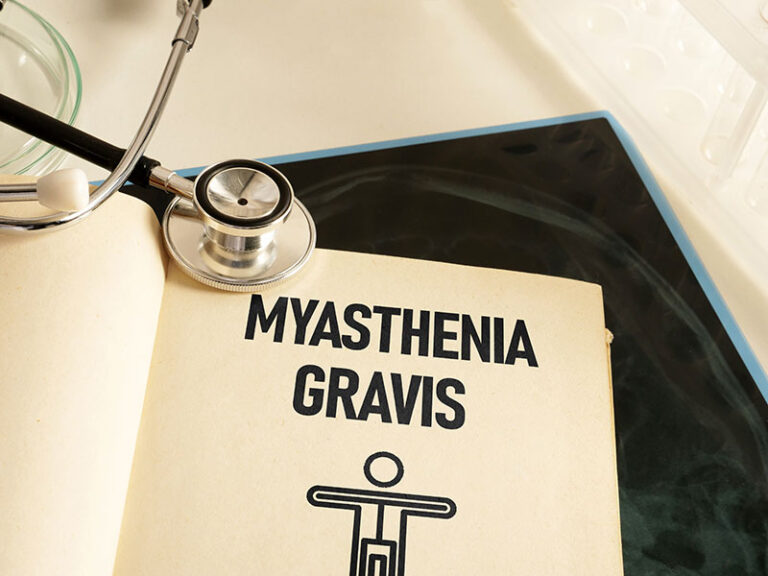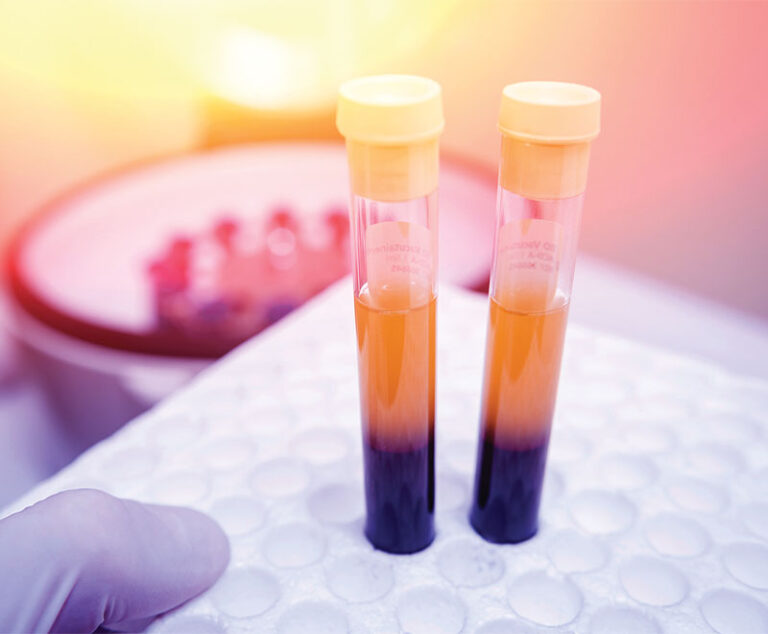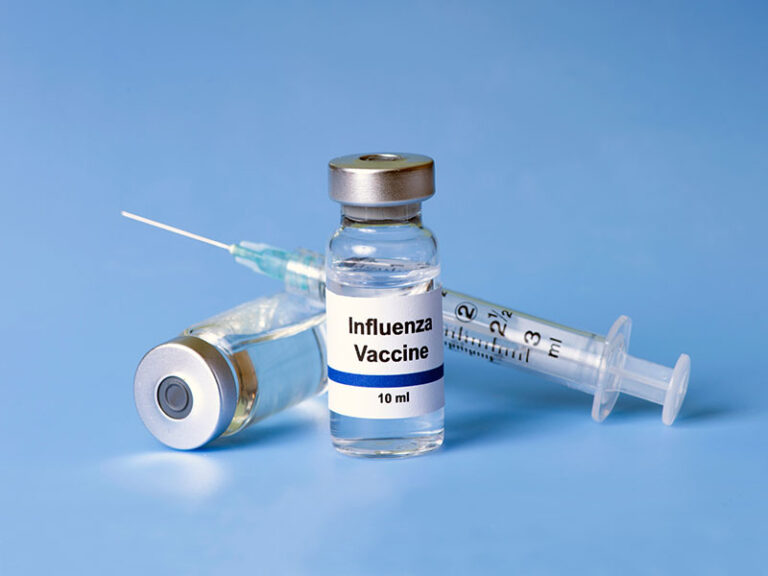Industry News
Research, Science & Manufacturer Updates
After a six-week delay, the U.S. Food and Drug Administration approved Novavax’s COVID-19 vaccine, but only for people 65 and older and those 12 years and older who have at least one underlying condition, such as asthma, diabetes, lung disease, obesity and pregnancy, that puts them at higher risk of severe illness.
A recent study of Moderna’s combination influenze (flu) and COVID-18 vaccine, mRNA-1083, found that it induced higher immune responses than recommended standard care influenza (standard and high dose) and COVID-19 vaccines against all four influenza strains (among those ages 50 to 64 years), the three clinically relevant influenza strains (among those aged 65 years and older), and SARS-CoV-2 (all ages), with an acceptable tolerability and safety profile.
Johnson & Johnson has received U.S. Food and Drug Administration (FDA) approval for IMAAVY (nipocalimab-aahu), a human FcRn-blocking monoclonal antibody, for the treatment of generalized myasthenia gravis
Amgen’s UPLIZNA has been approved by the U.S. Food and Drug Administration as the first and only treatment for adults living with Immunoglobulin G4-related disease.
Grifols has received $21 million from the Michael J. Fox Foundation to fund a pilot study analyzing the company’s repository of longitudinal Parkinson’s disease (PD) plasma samples in hopes of developing an early-warning system for the emergence of PD.
Researchers have discovered a link between a chronic gut infection caused by cytomegalovirus and the development of Alzheimer’s disease in some people.
A study led by researchers at Stanford Medicine has shown that variation in vaccine durability can, in part, be attributed to a type of blood cell called megakaryocytes, typically implicated in blood clotting.
The Centers for Medicare and Medicaid Services released the 2026 Advance Notice for the Medicare Advantage and the Medicare Part D Prescription Drug Programs that would update payment policies for these programs.
Tryngolza (olezarsen) has been approved by the U.S. Food and Drug Administration to be used with diet to reduce triglycerides (TG) in adults with familial chylomicronemia syndrome.
Results from a recent study suggest coupling HA molecules from various flu strains could make flu vaccines more effective.
The U.S. Food and Drug Administration (FDA) has approved VIMKUNYA (chikungunya vaccine, recombinant) for injection, the first virus-like particle (VLP) single-dose chikungunya vaccine in the U.S. for persons 12 years of age and older.
